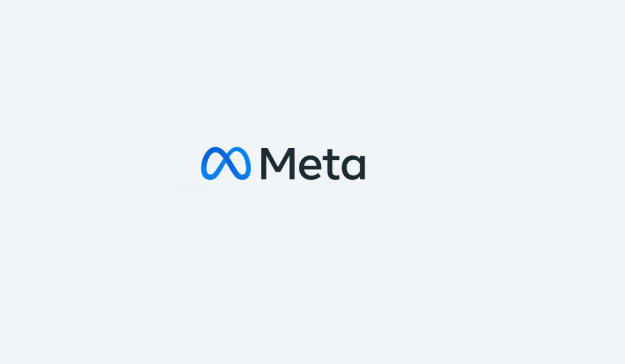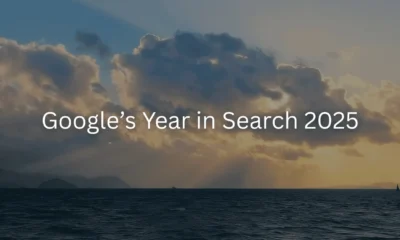SOCIAL
Meta Threatens to Ban News Publishers Amid Debate Over New Revenue Share Proposal

As Meta continues to lean further into AI-based content recommendations to keep users engaged in its apps, you know what it doesn’t need anywhere near as much as it used to? News content.
Meta has made this much clear, by ending its content deals with publishers, cutting its investment into news initiatives like its dedicated News Tab, Instant Articles and newsletters, and even directly noting that it’s de-prioritizing political news in-stream.
Which is why the latest push in the US to force Meta to pay more to news publishers seems particularly ill-timed.
This week, reports have suggested that the controversial ‘Journalism Competition and Preservation Act (JCPA) has been added to the annual defense authorization bill, which could see it carried into law in the new year.
The JCPA would facilitate an exemption under US antitrust law that would enable US news outlets to collectively bargain with social media platforms in order to negotiate a larger share of ad revenue, in exchange for the use of their content – i.e. it would force Meta to pay for links to news content in its apps.
Which is now, and always has been a controversial policy approach. But with the Australian Treasury Department recently reporting that its similar Media Bargaining Code has been a success, and has re-directed millions into the local media market, other nations are now taking a closer look – with New Zealand now also considering its own Media Bargaining Code along similar lines.
But again, Meta probably doesn’t need news like it used to anymore, and it could cut it off entirely in response. Which is exactly what Meta has threatened to do.
As per Meta:
“If Congress passes an ill-considered journalism bill as part of national security legislation, we will be forced to consider removing news from our platform altogether rather than submit to government-mandated negotiations that unfairly disregard any value we provide to news outlets through increased traffic and subscriptions.”
Now, there’s a level of posturing here, and it seems unlikely that Meta would remove news content entirely. But that is what it did in Australia last year, amid negotiations over the media Bargaining bill.
At the same time, Australia’s media ecosphere is far smaller than the US. Would Meta really move to block all US news organizations from sharing content in its apps – and if it did, what would that mean for engagement and interaction in each?
This is the key point of the debate. On one side, media organizations argue that Meta generates a heap of engagement off the back of its reporting, which then constitutes a significant chunk of its revenue, because more users engaging more often means more ads, etc.
But Meta says that news content isn’t as big a deal to it as publishers seem to think – and as Meta notes, it views this as a more reciprocal relationship, where publishers use its apps to maximize reach, which in-turn helps them drive their business.
And again, Meta has been distancing itself from news content more and more over time, and leaning into a more TikTok-like approach of showing users video clips and entertaining posts, based on AI-fueled recommendations for each user.
Given this, could Meta now be in a position to actually cut off news publishers entirely, without impacting its revenue performance?
You can bet that, with Meta announcing major cutbacks, it’s not going to be giving up any revenue easily.
It’s early days, but this could be one to watch, as Meta potentially heads for a stand-off with publishers, in several regions, in the new year.

















![Scale Efforts and Drive Revenue [Webinar] AI & Automation for SEO: Scale Efforts and Drive Revenue](https://articles.entireweb.com/wp-content/uploads/2024/10/Scale-Efforts-and-Drive-Revenue-Webinar-400x240.png)
![Scale Efforts and Drive Revenue [Webinar] AI & Automation for SEO: Scale Efforts and Drive Revenue](https://articles.entireweb.com/wp-content/uploads/2024/10/Scale-Efforts-and-Drive-Revenue-Webinar-80x80.png)
You must be logged in to post a comment Login